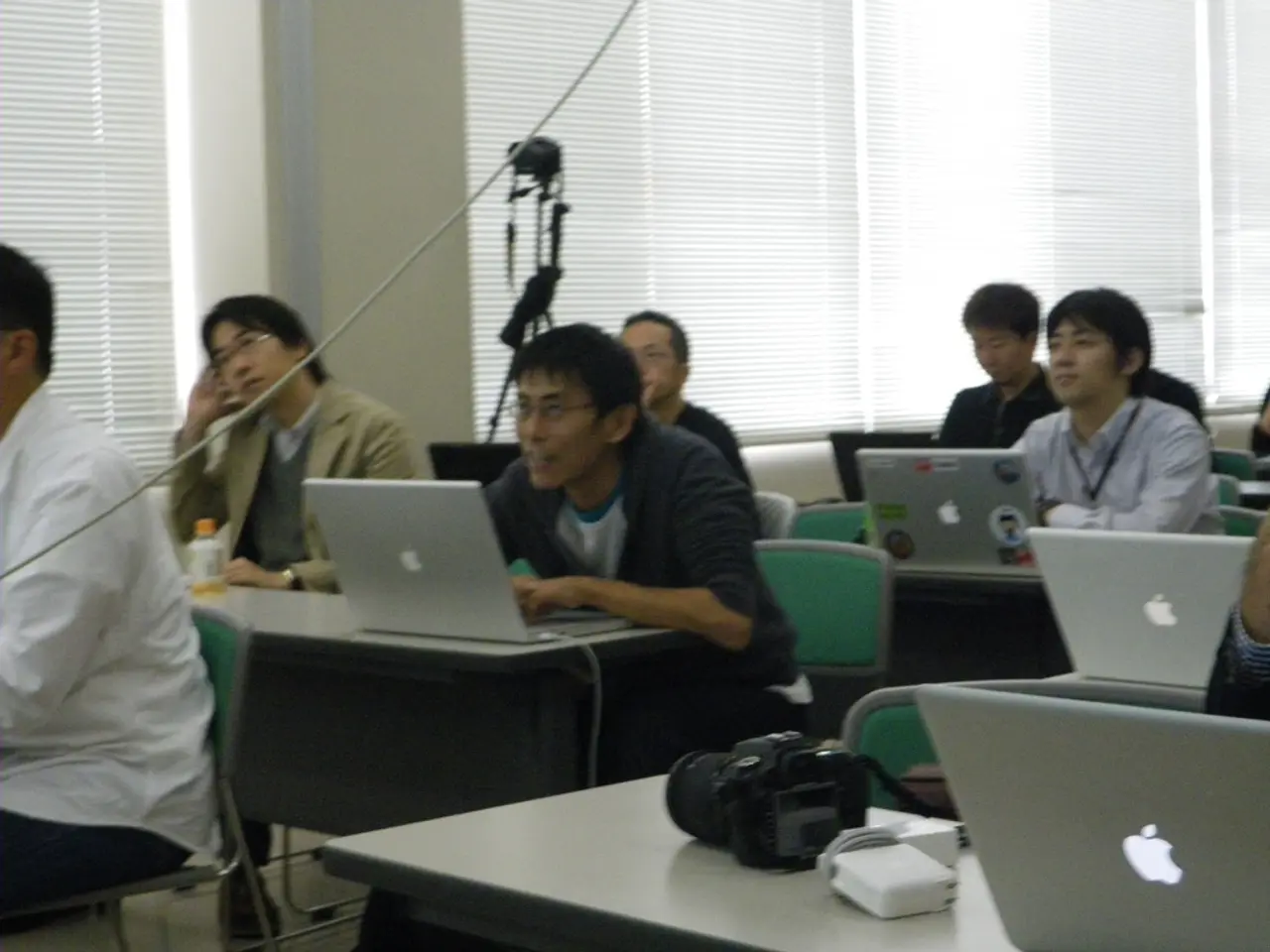Employee's availability while on leave of absence?
In Germany, employees are not legally bound to answer calls or respond to emails from their employers during their vacation, according to lawyer Rebekka Worok from Münster. This is based on the core principle of vacation (Urlaub) under German labor law, which emphasizes the complete release from work duties and the intention for rest and recovery.
Worok, in an interview, explained that vacation is legally meant for relaxation. Exceptions to the rule of not responding to work-related calls or taking work-related emails during vacation apply only in cases of very urgent emergencies.
A recent survey by the digital association Bitkom revealed that approximately two-thirds of working Germans are reachable by their employers during vacation. The survey, however, did not provide information on the impact of being reachable during vacation on employee well-being or productivity.
The survey results showed a higher percentage of older workers (50-64) being reachable during vacation compared to younger workers (16-29). Specifically, only 57% of employees aged 16 to 29 are reachable during their vacation, while among those aged 50 to 64, 73% are reachable.
The survey also suggested that almost half of employees aged 16 to 29 feel that colleagues or superiors expect them to be reachable during their time off. This pressure to be reachable during vacation could potentially contradict the purpose of relaxation, as Worok explained.
It is worth noting that German labor law and court decisions underscore the purpose of vacation as relaxation. Employers should avoid disturbing employees unless absolutely necessary, such as in cases of extreme urgency.
Moreover, Ruhezeit or quiet/rest times, especially on Sundays and public holidays, reinforce the cultural expectation of respecting personal time from work. If an employee is sick during vacation, those days do not count as vacation days, and sick leave regulations apply.
In summary, employees in Germany are not legally required to answer employer calls during vacation, and it is common and legally supported to fully disconnect from work during leave periods. Employers should respect this boundary except in cases of extreme urgency. The survey results indicate a pressure from colleagues or superiors for younger workers to be reachable during their vacation, which may contradict the purpose of relaxation. The methodology and sample size of the survey conducted by Bitkom were not specified.
Science shows that work-related activities during vacation can negatively impact an individual's health-and-wellness, a crucial aspect of workplace-wellness. Therefore, it is recommended for employers to respect employees' vacation time and ensure complete disconnection from work, maintaining the intended relaxation and recovery, as advocated by German labor law.




